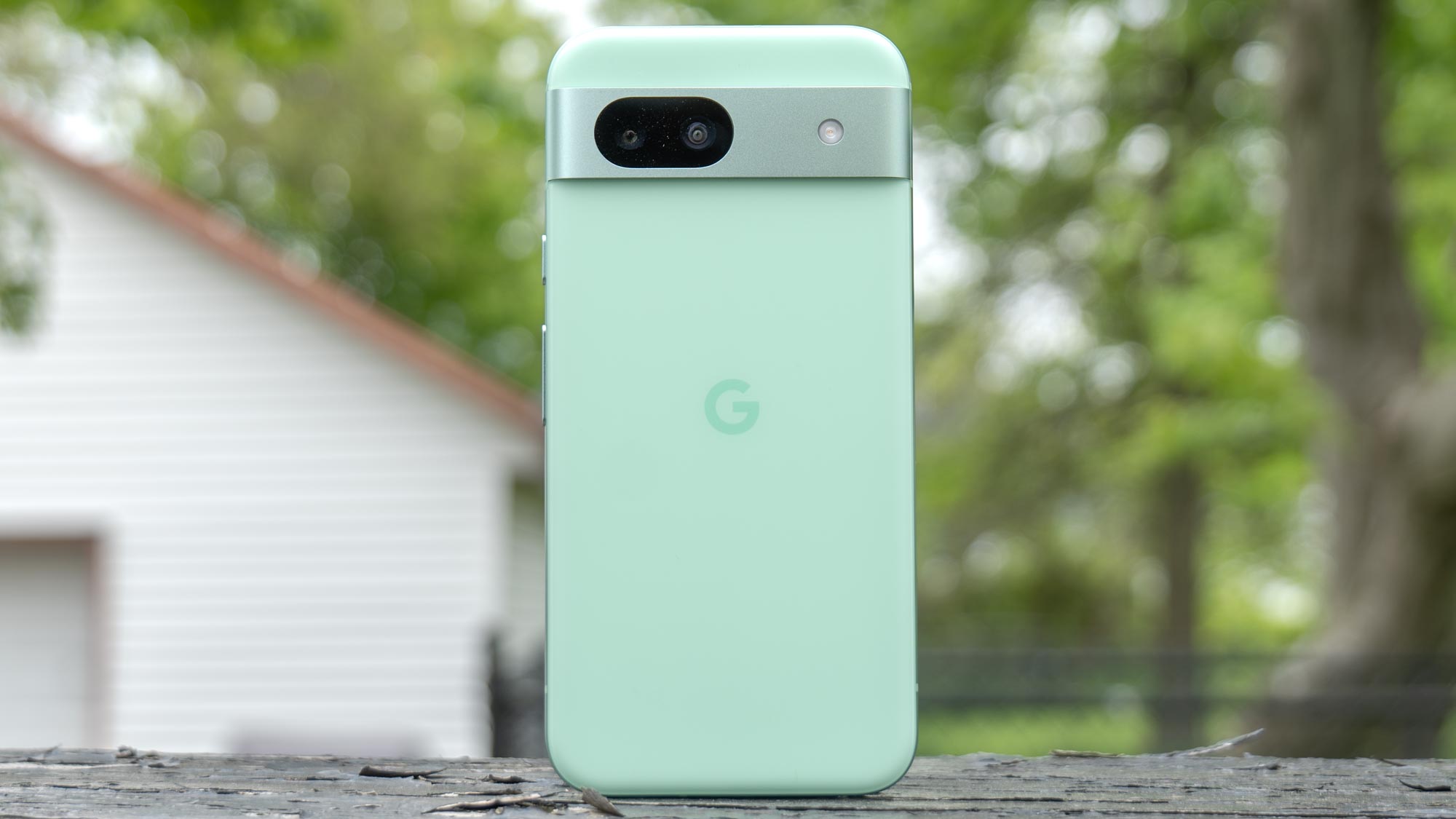
Google's mid-range Pixel A series are some of the best budget phones on the market, bundling the latest tech with a more affordable price tag. A new leak claims the upcoming Pixel 9a will pack the same Tensor G4 chipset as Google's flagship, albeit with an older modem that likely means users will miss out on one potentially live-saving new feature introduced with the Pixel 9 series.
Typically, Google uses nearly identical SoCs in Pixel flagships and A series devices, as we saw with the Pixel 8a. The Pixel 9a, allegedly codenamed "tegu," will have the Tensor G4 chipset without its new Exynos Modem 5400 modem, a source at Google told Android Authority. Instead, the Pixel 9a will use the older Exynos Modem 5300 we saw on the Pixel 8 series. If Google keeps up its usual release schedule, we expect the Pixel 9a to launch sometime next May or June.
The reason behind the switch is currently unclear (we've reached out to Google for more info and will update once we hear back), but it could come with some severe drawbacks.
Samsung's Exynos 5400 powers the Pixel 9's groundbreaking Satellite SOS feature, which can contact emergency services even when no cellular or Wi-Fi connections are available, so Pixel 9a users will likely miss out on this new feature. The Exynos 5400 also runs at a lower temperature and is more efficient than the Exynos 5300, though those improvements also come with a higher price tag.
Google's likely aiming to cut costs with the switch
The odds are that Google will retain the older modem for its mid-range phone as a cost-cutting measure. Android Authority reports that the Pixel 9a's G4 chip uses a different kind of internal plastic packaging than the regular G4 chip, which Samsung says is thicker and tends to run hotter but is also cheaper to produce. Copying the Pixel 9's SoC may have brought the Pixel 9a's price tag too close to its flagship, making it redundant and undercutting one of its main selling points.
Of course, we'll have to take this leak with a grain of salt until Google reveals more about its plans for the Pixel 9a. In practice, the performance differences between the two types of G4 chips shouldn't be too noticeable, though it is disappointing that users could miss out on one of the most significant new features of Google's flagship series.







